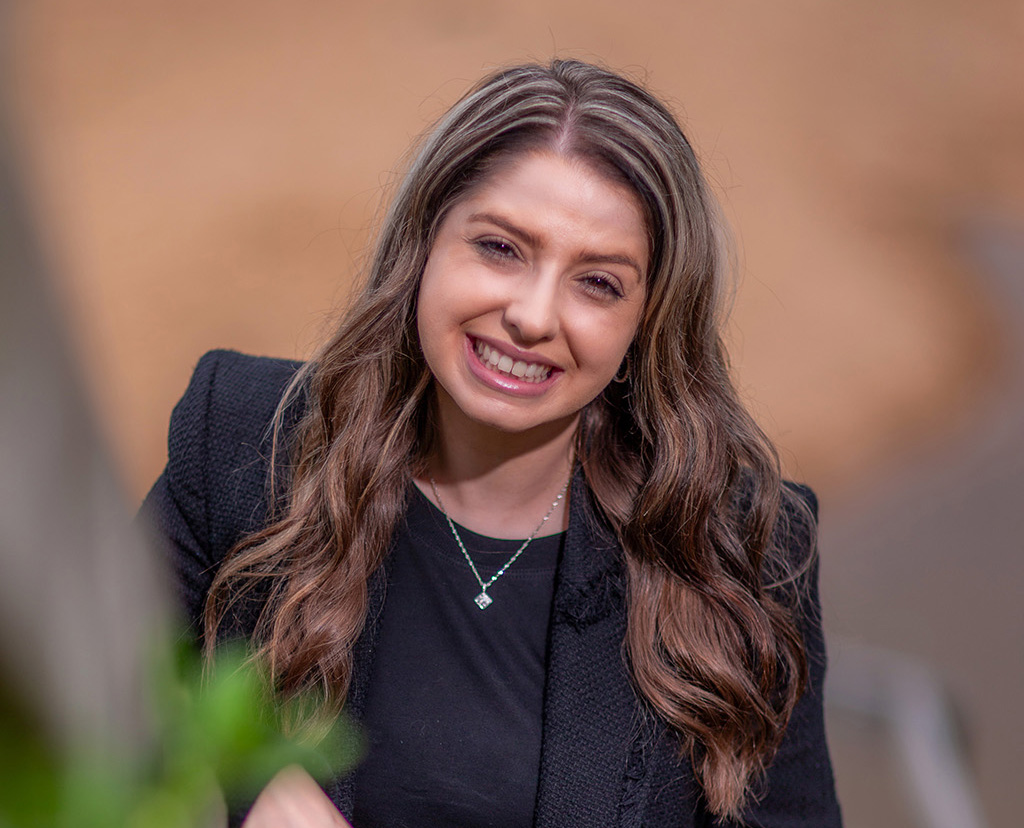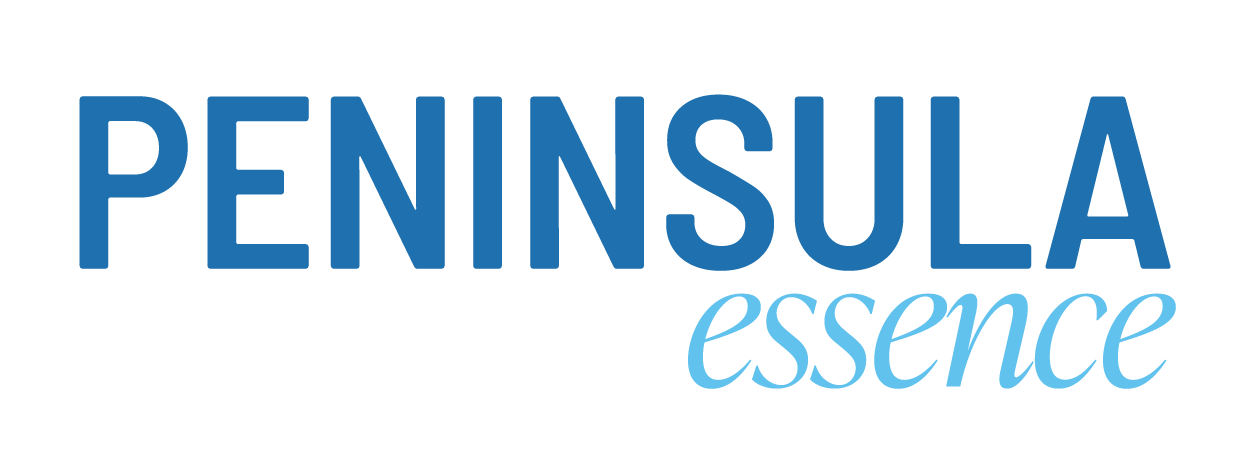
Dr Fiona Charalambous loves living on the peninsula. She’s also a nationally and internationally renowned expert on nuclear waste management. Fiona is an Assistant Director at the Australian Radiation Protection and Nuclear Safety Agency, ARPANSA, the Australian Government’s primary authority on radiation protection and nuclear safety, and has been interested in science from a very young age.
“I was always interested in the world around me, which is a common character trait for scientists! In primary school, I was fascinated with geology, archaeology and baking. I used to say when I was a lecturer at RMIT University, ‘Baking is also a science – you’ve got to mix the ingredients, you’ve got to follow standard operating instructions – you’ve got to get it right!”
Fiona has gone far in her career but not far geographically. She grew up on the peninsula and still lives in Frankston. Fiona went to Osborne Primary School in Mt Martha and has fond memories of it, and then to Flinders Christian Community College.
“I was really good at chemistry. It just clicked, so I thought, ‘Let’s just run with this’. Plus, I was also really good at maths, and maths and chemistry go hand in hand, and that took me on the nuclear science train.” She went to RMIT to study chemistry and found a small cohort of fellow students that she says ‘Really pushed you to be your best. I have exciting and funny memories of university life.”
There are various kinds of chemistry, and Fiona decided on physical chemistry. She says, “I call it the ‘real world science’, and in Australia, we have a really big mining sector, so I did an honours project with BHP Billiton, and that’s where my career in nuclear science began. It turned into a PhD in minerals processing chemistry, balancing science with commercial interests, in collaboration with the CSIRO and the Australian Nuclear Science and Technology Organisation.”
So, how do you balance that with environmental interests? Fiona says, “The environment should always be considered when conducting any type of programme, from coal mining to uranium mining to any type of radiation or nuclear facility. At ARPANSA we have a vision and a mandate to protect people and the environment from the harmful effects of radiation.”
That includes providing advice on everything from uranium mining and radioactive waste to powerlines, smart meters, mobile phone base stations, and the biggest nuclear explosion in the solar system, the sun and solar radiation protection.
The Australian Radioactive Waste Agency is responsible for Australia’s management of radioactive waste, including the waste from life-giving cancer treatments. Fiona says, “At the moment, we do not have a centralised facility for radioactive waste disposal. It’s stored in heavily regulated and secure sites around Australia, such as hospitals and universities as well as State and Territory facilities.”
Fiona represents Australia internationally on the Waste Safety Standards Committee and the Radiation Safety Standards Committee and travelled to Vienna late last year to attend the International Atomic Energy Agency Conference (IAEA) on the Safety of Radioactive Waste Management, Decommissioning, Environmental Protection and Remediation: Ensuring Safety and Enabling Sustainability. It gathered all the waste safety experts from around the world and was the first of its kind to bring sustainability and waste management together.
“It’s one of the United Nations sustainability goals, and it was an open discussion on ‘where to next’ on the back end of the nuclear fuel cycle. (The back end is the decommissioning, disposal and remediation side of the nuclear fuel cycle). We had open and frank discussions but with consensus.” Fiona laughs. “It was the first discussion where regulators, scientists and operators were in the room to discuss the interrelationship between safety and sustainability in radioactive waste management, decommissioning, environmental protection and remediation. The takeaway was the sector has got a long way to go globally, but we’ve started talking about it and how it will be incorporated in the review of the IAEA Safety Standards.
Disposal of radioactive material is an issue for any member of state that has a part of a nuclear fuel cycle…
Australia is small with respect to larger country programmes, but we have a lot to give in this space as well because we care about the environment. We have environmental and health protection agencies around Australia, and we have recommendations for the environment in our licensing standards and codes of practice. We have guidance on that, which not many member states of the United Nations have. We do bring an Australian perspective at those international forums.”
Fiona loves her job, and contributing to a national uniform approach to radiation in general is her goal, but what keeps Fiona on the Peninsula? “Family, the lifestyle, the ocean, the people and that community feel, and I wanted my daughter to have the same community feel and be around her grandparents, her cousins, her uncles and aunties. I’ll never move – ever.”
